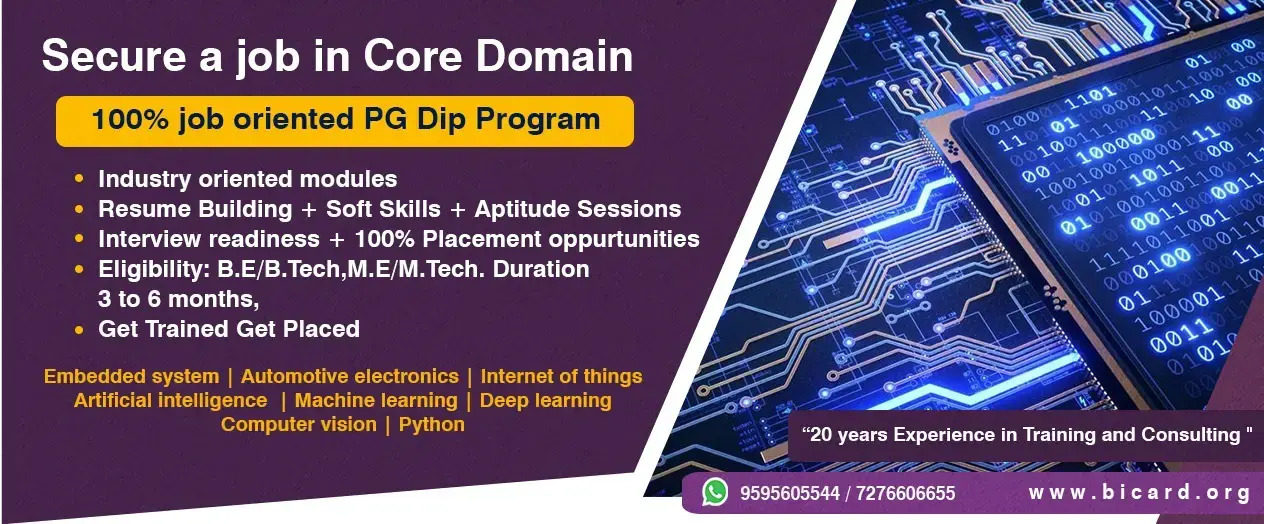
Introducing Embedded Linux KnowHow Workshop Online
Advance your professional development with this live online workshopIt is a full day of hands-on, workshop-style training, presented by Bicard expert trainers, with valuable takeaway resources.
Live Online KnowHow Workshops provide:
- Quality training provided by a Bicard expert instructor
- A practical introduction to the subject
- Helpful exercises for you to follow & takeaway
- Video support resources
- Live Q&A with the instructor
- Watch the video or see "What will I learn?" below for the detailed workshop agenda...
The workshop is targeted for Engineers who wish to get a practical introduction on working with Embedded Linux and Yocto.
No prior knowledge of Linux or Yocto is required, but ideally you should be familiar with basic Unix/Linux concepts and the command line.
If you are completely new to Linux you will have the option to watch-and-learn how the exercises work during the workshop and then try them out for yourself afterwards.
The workshop has been created to be accessible by a wide audience with standard technology requirements.
Full details of how to login and what you will need to participate will be provided in plenty of time before the event.
The following presentations will be complemented by practical hands-on exercises and instructions on their use with a QEMU emulated target and software development tools.
Presentation 1: Intro to embedded Linux and Yocto
In this section we introduce the main components of an embedded Linux system: bootloader, kernel, filesystem and toolchain. We then look at how the Yocto Project can be used to create a completely customizable Linux distribution, providing each of these components for your target. Finally, we discuss practical matters for cross-development.
Practical 1:
Create and boot an embedded Linux distribution for the ARM64 bits architecture.
Presentation 2: More on Yocto (layers and recipes)
Looks at Yocto in more detail, showing how new software can be installed in the system using custom layers and recipes. We also look at what Yocto provides for ongoing software development, including a completely customizable SDK (software development kit).
Practical 2:
Add a custom yocto layer, create a Yocto recipe from a package source, include and test the resulting package to the target image, install an SDK generated by Yocto.
Presentation 3: Linux user and kernel build
Here we look at how an SDK can be used to configure and build a Linux kernel and user space applications. We examine the main build systems used for Linux applications – Makefiles, Autotools and CMake.
Practical 3:
Configure and build the kernel and user space application with the SDK, deploy and run them on target.
Presentation 4: Linux User and kernel debug
Finally we discuss and review some of the tools and techniques available for analysing and debugging user space applications. We also highlight some of the features provided by the Linux kernel for troubleshooting issues in the kernel or custom drivers.
Practical 4:
Cross-debug a simple user space application, generate a core dump and view it in GDB, trigger a kernel oops and look at the output.
Looking for team-based training, or other locations?
Complete an enquiry form and a Bicard representative will get back to you.
